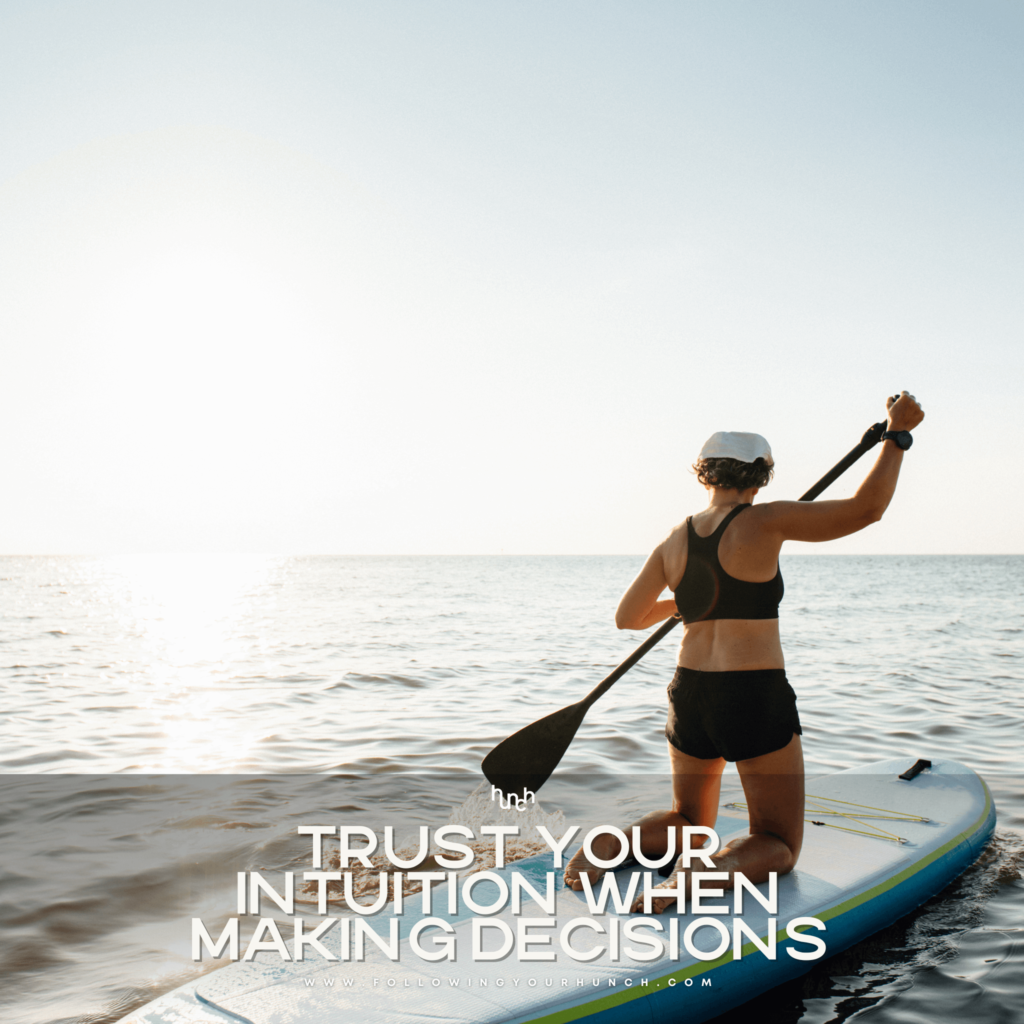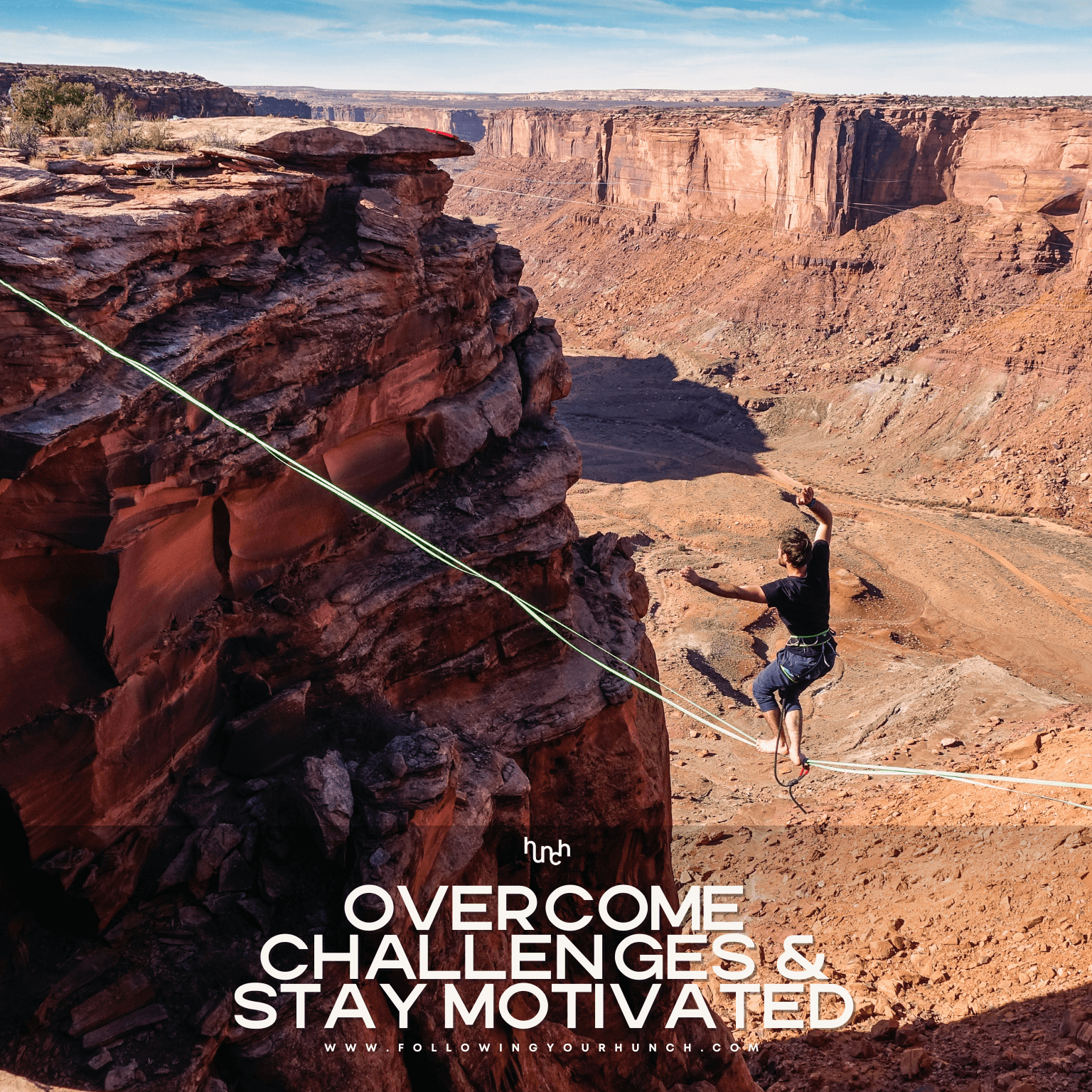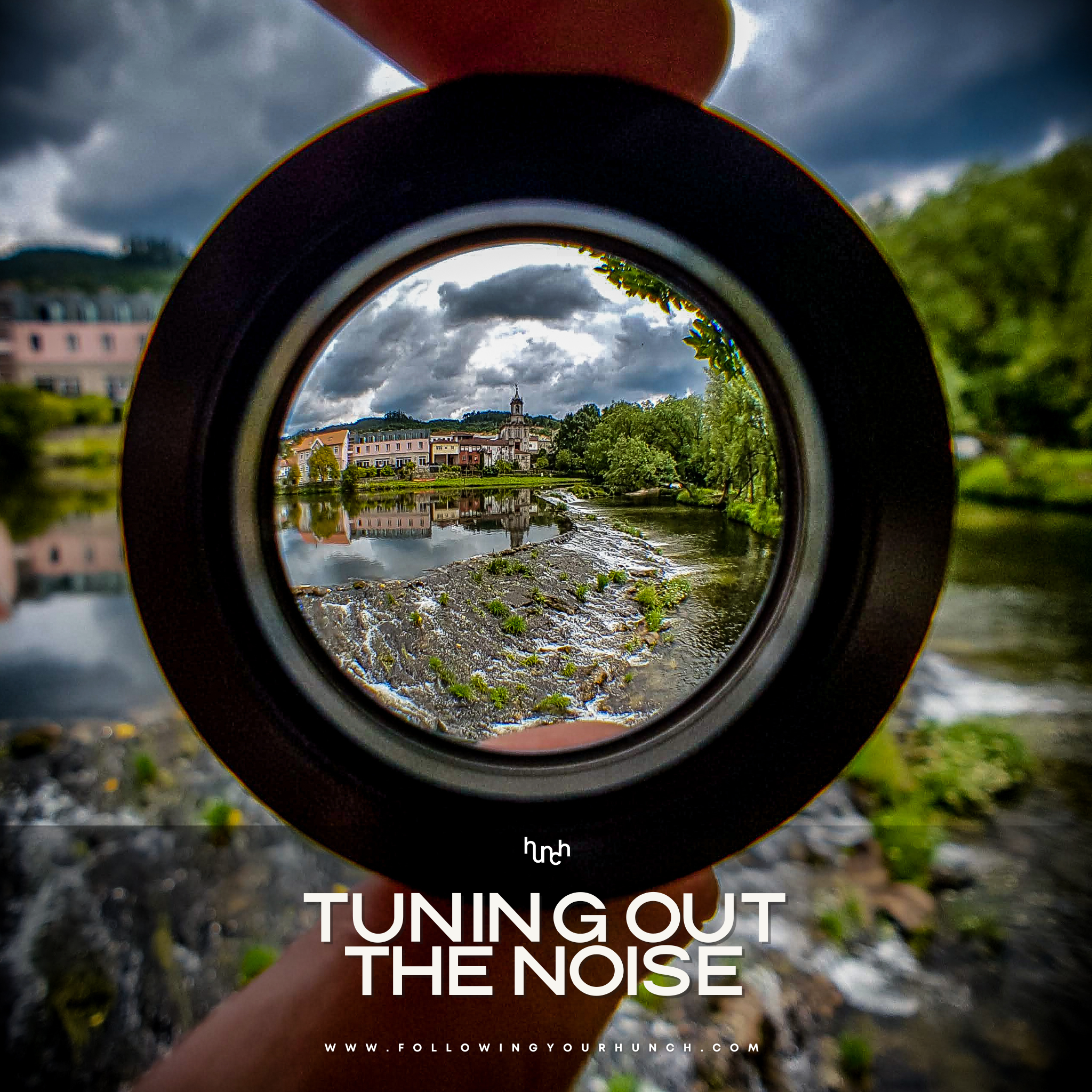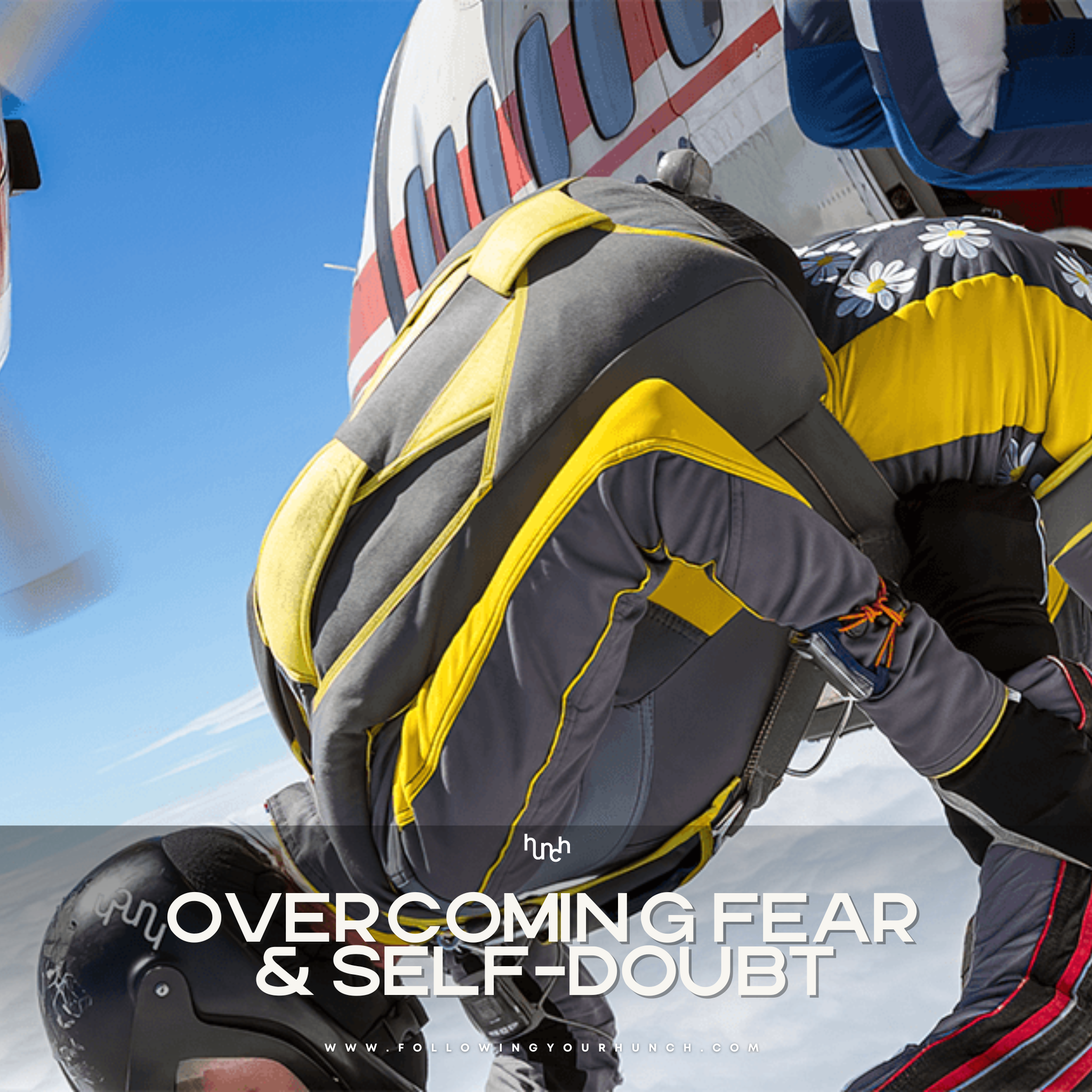We all face critical crossroads where we have to make major life decisions. Choosing a career path, whether to move across the country, ending or entering into a relationship, starting a family, or switching jobs – these pivotal moments can impact the entire trajectory of your life. When facing such crossroads, one of the most valuable tools at your disposal is your own hunch (intuition). But how exactly do you tap into your intuition (that inner wisdom) and trust it to guide your choices, rather than being paralyzed by doubt and uncertainty when making big decisions?
In this comprehensive guide, we’ll explore tactics for:
- Tuning out distractions
- Understanding your hidden assumptions
- Decoding your body’s intuitive signals
- Taking small steps down the path that feels right
With practice, you can learn to rely on your hunch (intuition) when decision time comes.

Why Trust In Your Intuition Matters When Making Any Decisions
Intuition, often referred to as a ‘hunch,’ embodies that instinctive and profound sense that arises from the depths of our subconscious mind. It transcends mere rational analysis, emanating from a place of inner knowing. It is this very essence that has inspired our brand name ‘hunch,’ an embodiment of the synonymous nature of intuition and hunch.
Intuition synthesizes your past experiences, emotional intelligence, values, latent creativity, and insights into what will bring you purpose and fulfillment. It sees the big picture and senses which path will help you grow.
Here’s why you shouldn’t discount intuition or hunches as just a “fluffy” concept:
It detects patterns your conscious mind misses
Your subconscious processes millions of bits of information that your conscious mind never directly perceives. This allows your intuition to detect patterns, inconsistencies, and meanings that your analytical mind would overlook or dismiss as unimportant.
It draws on experience and emotional intelligence
Intuition arises from all your accumulated knowledge and past experiences. It also uses the emotional intelligence you’ve developed over time to sense where your passions lie and what brings you energy.
It reflects your core values and desires
Your intuition knows your deepest values, hopes, and what you truly want from life. It reminds you when a choice aligns with your essence or violates it.
It anticipates the future so trust your intuition when making decisions
Intuition helps you imagine possibilities, make predictions, and prepare for what’s to come in an intricate world. It’s your inner compass guiding you toward your best future.
In short, intuition or hunches provides a breadcrumb trail to help guide you down the path toward the most fulfilling choices. But first, you have to learn to quiet the mind and hear its subtle voice and heed its wisdom.
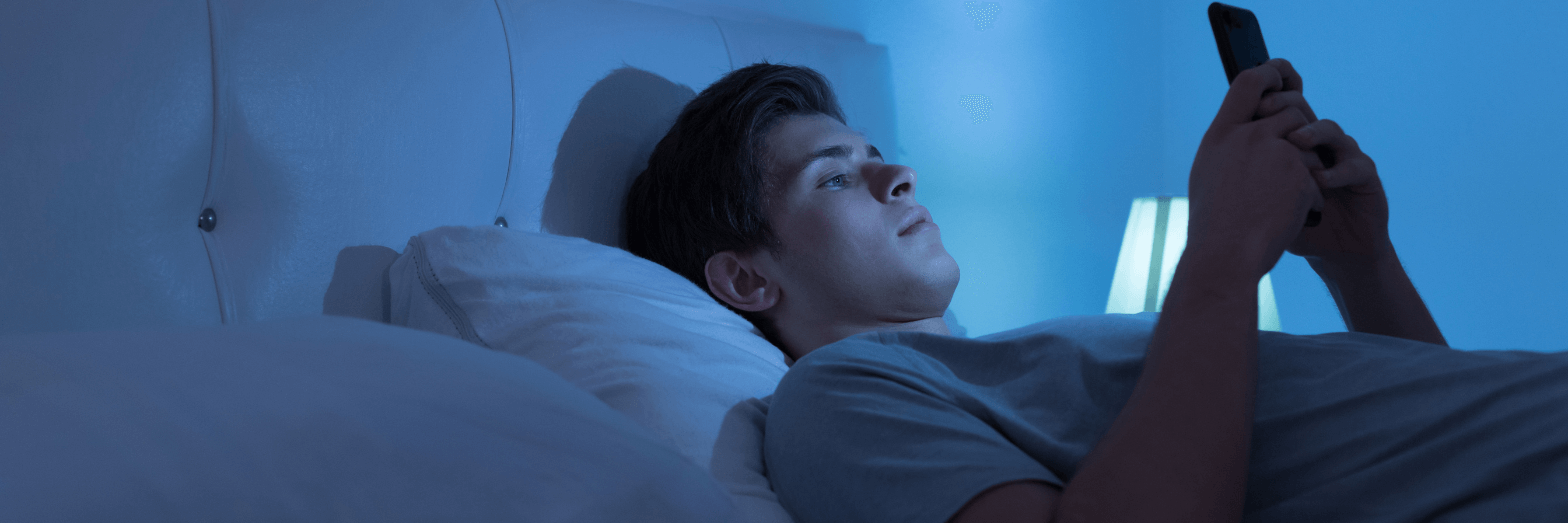
Challenges to Accessing Your Intuition
If intuition is so invaluable in decision-making, why do we often struggle to tap into it? What are the main obstacles that cut you off from your inner wisdom? Here are some of the top challenges based on personal experience:
Information overload
When you’re bombarded with external stimuli, data, and opinions from all sides, it saturates the soft call of our inner voices. Our hyper-connected lives overload our mental bandwidth, leaving little room for intuition to arise.
Stress and fatigue
When you’re overwhelmed, stressed, or mentally exhausted, you have less access to the subconscious storehouse where intuition originates. Physical and emotional fatigue take you out of the present moment.
Fear and self-doubt
Anxiety triggers the primal fight-or-flight response in your brain, making it hard to sense anything but impending doom. And if you lack confidence in yourself, you’re unlikely to trust your own inner signals.
Assumptions and bias
Rigid assumptions and confirmation bias can cloud your objectivity. You’ll dismiss or avoid anything that conflicts with your worldview or sense of identity. This distorts key intuitive insights.
Outside pressure
If you let others dictate what you “should” do, you may override what your inner voice tells you is right. Pleasing people or meeting others’ expectations is prioritized over intuition.
Need for certainty
Intuition requires embracing uncertainty and going with your gut feeling. If you try to eliminate all doubt before deciding, you’ll never act. Intuition demands trust without 100% proof of the physical.
The first step is recognizing what tends to mute or distort your intuition. Once aware, you can start taking active measures to unblock it.
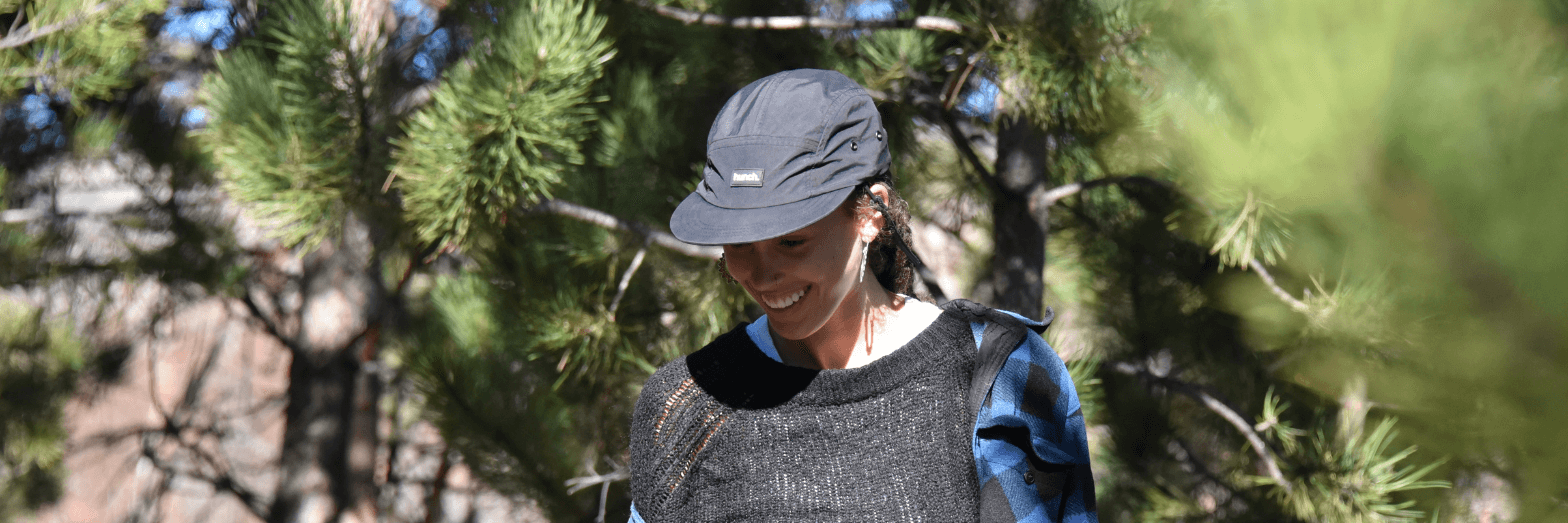
Ways to Create Space for Intuition
If you want to tap into your intuition when making big decisions, you first need to create space for inner wisdom to arise. Here are some key strategies:
Unplug and minimize distractions
Set aside designated tech and media-free time at a designated time every day so your mind isn’t bombarded with stimuli. Remove or silence anything vying for your attention. Give your intuition room to surface.
Establish a meditation practice
Just 5-10 minutes per day of focusing on your breath clears mental clutter which can make a high impact! Routine meditation strengthens your mindfulness, awareness of thoughts passing through, and ability to tap into the subconscious.
Spend time in nature
Being out in nature, away from artificial stimuli, has a powerful grounding effect. Going for mindful walks or sitting under a tree can provide new perspectives. When is the last time you sat under a tree?
Practice journaling
Writing stream-of-consciousness style about what you’re feeling and thinking short-circuits your inner critic. It helps bring intuitions and patterns to light.
Talk it out with someone you trust
Bouncing thoughts off a close friend, mentor or therapist provides an outside objective perspective. They may help you recognize inner truths you’re too close to see.
Get plenty of sleep
Being well-rested improves cognitive function and the ability to tune into subtle signals. Fatigue and decision-making don’t mix. Prioritize quality sleep when facing a big choice and think about it while laying in bed as you drift to sleep. You might just receive the answer when you awaken if you try this simple technique.
Do what inspires you
Engage in creative or spiritual practices that bring you joy, whether gardening, cooking, art, music, or prayer. When you’re in flow, intuition can come through more easily.
Actively and consciously creating space to minimize distractions, center yourself, and tap into inspiration sets the stage for inner wisdom to guide your thinking.
Examine Your Assumptions and Biases Trust Your Intuition When Making Decisions
Before making a pivotal choice, become aware of any assumptions or biases that may be clouding your judgment or blocking certain insights.
We all develop beliefs and thought patterns over time that shape how we interpret information. But when those become too rigid, they distort how you weigh decisions.
Here are some powerful questions to uncover hidden assumptions:
- What past experiences may have led me to this belief?
- Is this the absolute truth, or just a story I’m telling myself? What real evidence proves it?
- Would I give the same advice to a close friend or loved one in this situation? Why or why not?
- How might this situation appear differently through a lens of optimism, self-belief, and resilience?
- What if the opposite were true – how might that change my options?
By challenging your assumptions and considering alternatives, you create space for intuition to surface freely without distorted filters. Releasing the blocks and opening the door to trust your intuition when making those bigger decisions.
Related to assumptions are cognitive biases. These reflexive shortcuts our brains take can skew judgment about choices.
Lookout for the following:
Confirmation bias – Only noticing or valuing information that confirms your existing beliefs. Dismissing anything that contradicts them.
Sunk cost fallacy – Sticking with something simply because of what you’ve already invested in it, even if it’s not right.
Loss aversion – Making choices based on fear of losing something you have versus making a potential gain. Values known quantities over unknown possibilities.
Overconfidence – Having excessive faith in your own knowledge or judgment. This leads to glossing over risks and limitations.
Again, awareness is key. Catch yourself when exhibiting these thought patterns, and actively seek out evidence and perspectives to offset them. This promotes clear-eyed lenses of trust with your intuition when you make decisions.

Read Your Body’s Intuitive Signals
Intuition isn’t just abstract thinking – you can also read its signals through physical sensations in your body.
Whenever you face a major fork in the road, not knowing how to trust your intuition for guidance when making big decisions make note of the following:
Stomach or “gut” feelings – Nervous butterflies or tense knots in your stomach/core often signal your intuitive assessment of a situation before your mind articulates it.
Breathing patterns – Shallow or erratic breath indicates anxiety. Slow deep breaths align with inner calm and conviction.
Heart rate – Increased heart rate accompanies excitement but also anxiety. A comfortably elevated heart rate can mean you’re energized by an intuitive choice.
Muscle tension – Are your shoulders knotted up or your jaw clenched? Or do you feel open and relaxed? Tension reveals discomfort with a choice.
Sleep quality – If your sleep is fitful and restless when contemplating a path, pay attention. Intuition often knows before your conscious mind.
Energy levels – After making a decision, does it leave you feeling energized? Or drained? Intuition aligns you with renewed vigor.
“Nagging feeling” – Take note if something just feels “off” or makes you uneasy without a clear reason. That nagging sense likely signals danger or misalignment with a choice.
Tuning into these physical cues can reveal inner truths your rational mind tries to talk you out of or deny. Intuition speaks through the body’s senses and reactions. Learning its language is powerful which builds true trust with your intuition when making big or small decisions.
Experiment and Observe Without Overanalysing
Rather than getting trapped in endless thinking about your options, take action to test intuition through low-risk experimentation.
Move towards the choice that intrigues you, even in small ways, and observe what happens when you try it out. What does the evidence of your experience tell you?
Maybe you take a weekend to dive into a new creative hobby that’s calling to you before changing careers. Or you visualize what your day-to-day life would really be like after moving to a new city you’re drawn to.
Make little bets and watch what happens closely. Let the feedback and results guide you.
This allows you to gather real-world data to confirm (or contradict) what your intuition is telling you. Overanalysis leads nowhere without actual experience.
As psychologist Daniel Kahneman’s research revealed, your subconscious mind detects patterns from experience that your conscious reasoning can miss. By taking action, you allow those intuitive insights to emerge.
The key is resisting the temptation to overanalyze each micro-step. Go with your hunch/gut, observe the big picture, and trust intuition and intelligence when guiding your next step forward when making big or small decisions.
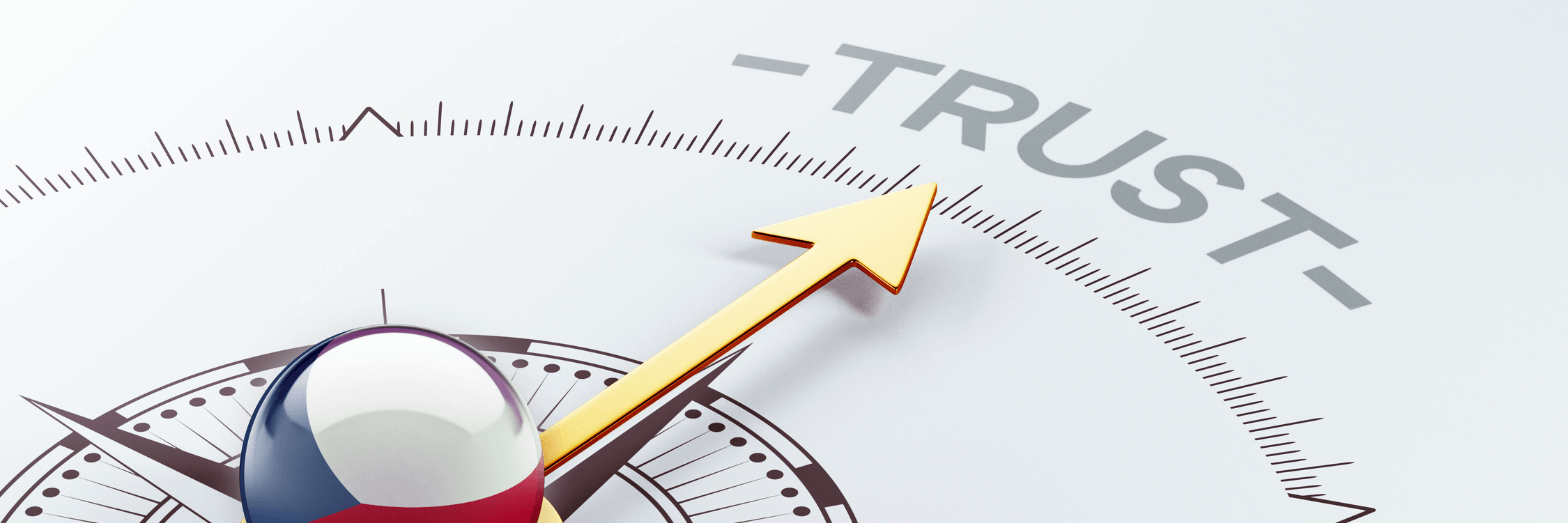
Trust Yourself as Much as You Trust Others
One massive roadblock to listening to your intuition is simply lacking faith in yourself. You may attach more weight to what other people tell you than your own inner wisdom.
But ask yourself, would you recommend someone else distrust their gut feelings about a major life choice? Probably not.
The truth is, no one else will ever know you better than yourself if you take the time to cultivate self-awareness. No one else has access to all your accumulated experience, emotional intelligence, and inner compass.
Yes, seek wise advice from those who care about you and know you well. But combine their counsel with your own intuition. Give your inner voice equal weight in any final decision.
At the end of the day it is you that has to feel fulfilled and at peace with the choice — so give yourself permission to trust your intuition, even without ironclad guarantees. No path comes with those.
If you stay paralyzed waiting for 100% certainty before deciding, you may never move. Life requires taking leaps of faith guided by inner wisdom.
Trust In Developing Your Intuition Muscle When Making Decisions
Incorporating the tips above will help you start accessing and honoring your intuition when facing major crossroads. But developing your intuitive abilities is a lifelong process. Here are some ways to keep growing:
Practice daily reflection – Whether through meditation, journaling, or nature walks, spend quality time alone with your thoughts.
Study yourself – What choices left you feeling energized and alive? Which ones drained you? Look for the patterns over time.
Observe without judgment – Watch your stream of consciousness without attaching meaning or narrative. Let insights organically arise.
Pay attention to symbols and metaphors – Both dreams and your waking imagination speak through symbols. Decoding them reveals intuitive guidance.
Consider the “what ifs” and turn them into “even if” – Entertain hypotheticals that at first seem improbable. This exercise stretches your imagination and unlocks intuition.
Trust uncertainty – Intuition demands comfort with not knowing exactly. Practicing being okay with uncertainty builds intuitive faith.
Watch for hidden motives – We often try to rationalize choices that deep down just serve avoidance, safety, ego or short term gratification. Clear away those distorted filters.
Question everything – Don’t assume your existing beliefs or worldviews are fixed or absolute. Remain open and curious.
Making big decisions is never easy, even for the most self-aware among us. But developing confidence in your own intuition can be a guiding light. By patiently doing the inner work, you’ll know which path is right when you reach those pivotal turns in life’s journey. Trust the wisdom within you and witness how trusting your intuition when making big decisions will lead to a lifetime of greater fulfillment.
